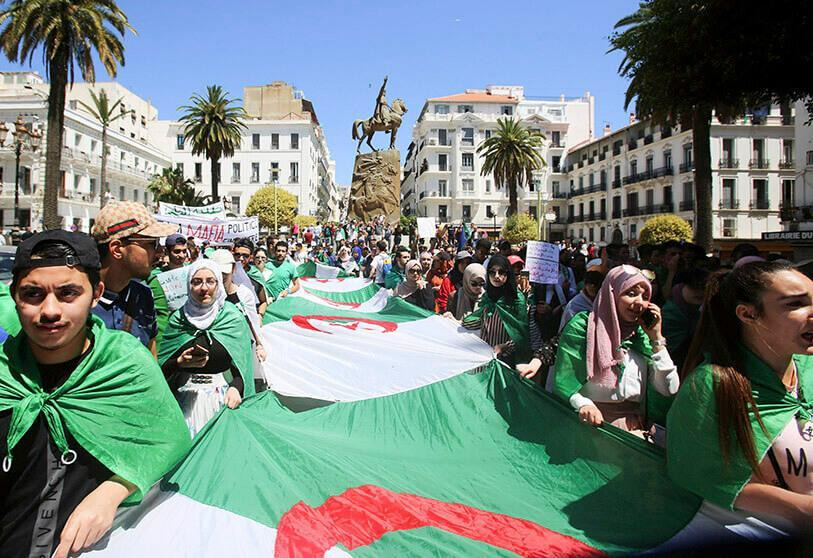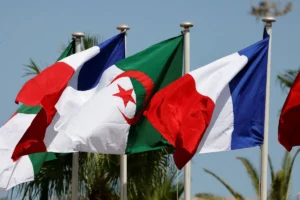Algeria is going through a complex moment in many ways. The crisis in the country presided over by Abdelmajdid Tabboune is not only to be found outside Algeria’s borders, in its diplomatic crises with Morocco and France. Algeria’s coffers are suffering in the face of the country’s relentless increase in social spending, which, a priori, should not necessarily be bad news. However, one of the reasons that aggravates this situation is Algiers’ proven inability to create jobs, forcing a large part of the population to cling on to aid in order to get by.

According to official figures, social spending has reached a record $17 billion. This amount has enabled some three million students to benefit from scholarships and almost seven million people to benefit from aid for development projects within the framework of the so-called “policy to achieve social justice”. Despite this expenditure, it is estimated that there are currently around ten million people living below the poverty line in Algeria.
The Algerian government continues to defend and boast of the social work represented by this spending. What the Tebboune government ignores are questions about the country’s limited capacity to create new jobs. Over the past year, of the two million people benefiting from unemployment benefits, only 80,000 found jobs. Even the new restrictions on access to these benefits have not prevented the volume of claimants from increasing exponentially.

Although two million people have benefited from these benefits, the number of applications for these benefits has doubled, reaching four million in the summer of last year. For this reason, more and more restrictions are being imposed, such as a period of compulsory vocational training in a government centre. Despite what some experts believe may weigh down the Algerian treasury, the inspector general of the Ministry of Labour and Social Security, Ammar Qamari, believes that “the indicators achieved by Algeria in the field of social justice are very significant considering the wage system and the Social Security System, which are the pillars on which social policy in our country is based”.

The problem is that, although the Algerian government has implemented measures such as raising the minimum wage to $150 – previously set at $130 – or exempting gross income tax on salaries below $250, these measures are not keeping pace with an economy hit by inflation. Wages are not enough and benefits do not reach all families. While prices are rising at an unaffordable rate for society, Algeria’s social spending, though increasing, is not having the real impact that much of the population wants or, rather, needs.
Source : Atalayar
















